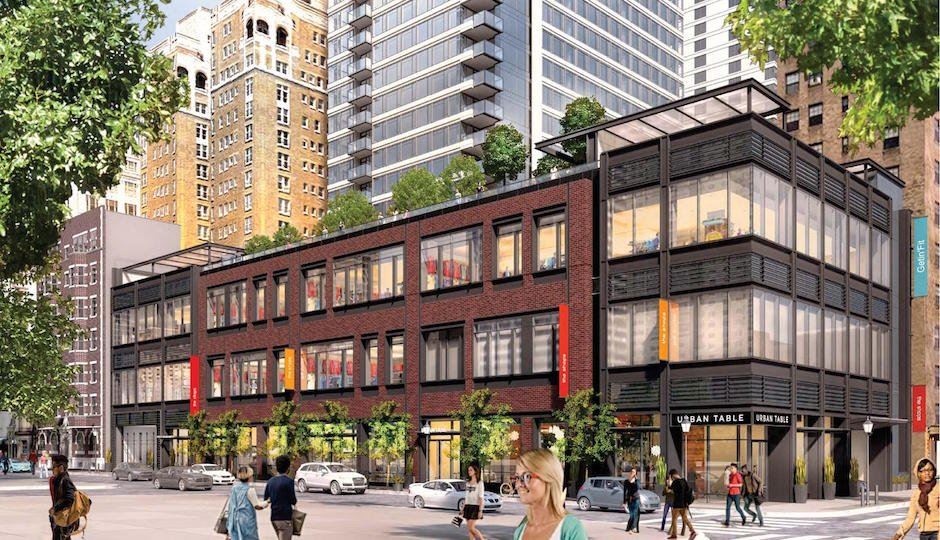
Property development in Philadelphia can be a lucrative business but requires an in-depth understanding of laws and regulations in order to prevent accidents or legal troubles. The procedure of property development is complex and involves the investment, renovations, and usage of the property.
The process of property development follows a basic path:
- A developer purchases the property.
- They finance any real estate deals.
- They hire a construction company to do any building or renovating.
- The developer facilitates the process of development from start to finish.
The business model of property development often yields a high return on investment for the developer. It is imperative that when dealing with property development, these necessary regulations and laws are followed:
Zoning and Land Use Restrictions
The particular zoning and land-use restrictions in Philadelphia will determine what a developer can do with their property. Be sure to understand the restrictions before investing in real estate.
Current Zoning
Whatever zoning classification a property was originally designated with will likely still be in place. The original classification will probably limit the way that the property can be used, as well as the type of development that takes place there. Zoning classification can even affect issues such as parking requirements.
Another problem that could arise for property developers with the current zoning classifications of potential properties is that current zoning could prohibit a mixed-use redevelopment plan. In order to move forward with that type of development, the developer will likely need to pursue rezoning the property, which can be costly and take several months, as well as a great deal of effort with design, engineering, and legal help.
Zoning classifications may require a detailed site plan for property redevelopment and may also prohibit various uses for the property. Any change to a site plan or restrictions can be as costly and difficult as rezoning the property.
It is also important to realize that there may have been amendments to the zoning ordinance of the property since it’s conception, which could actually cause the property to be non-conforming, even without any changes to the property. Typically in these instances, the property and structure are allowed as long as they don’t have any changes to them. If investing in a property deemed “legally non-conforming,” it is likely to be met with legal challenges that will be costly and require a great deal of hassle.
Another issue that property developers in Philadelphia often come across is the designation of “historical” homes. If a home or neighborhood is deemed historic, it greatly affects the developer’s ability to build new structures, make amendments, demolish areas, or change certain features to the structure or property. The usual process for the development of a historic home is obtaining the permission of the local historic preservation committee. These meetings can be difficult and attempting to obtain permission can prove futile, as decisions are often made based on the committee’s personal preferences.
Local Government Moratorium
Another consideration for property development in Philadelphia is the fact that in the end, the local government can issue a moratorium on any required approvals, including new zoning applications and new building permits. These are supposedly temporary but the unique details wrapped up in each one can take several months or longer before they are lifted.
The Final Word
Don’t let the property development regulations sway your resolve to invest in this potentially lucrative business model. Just arm yourself with information and be prepared for the hiccups you might face. Take the appropriate legal steps when investing and seek experienced, professional advice to walk you through the process.
